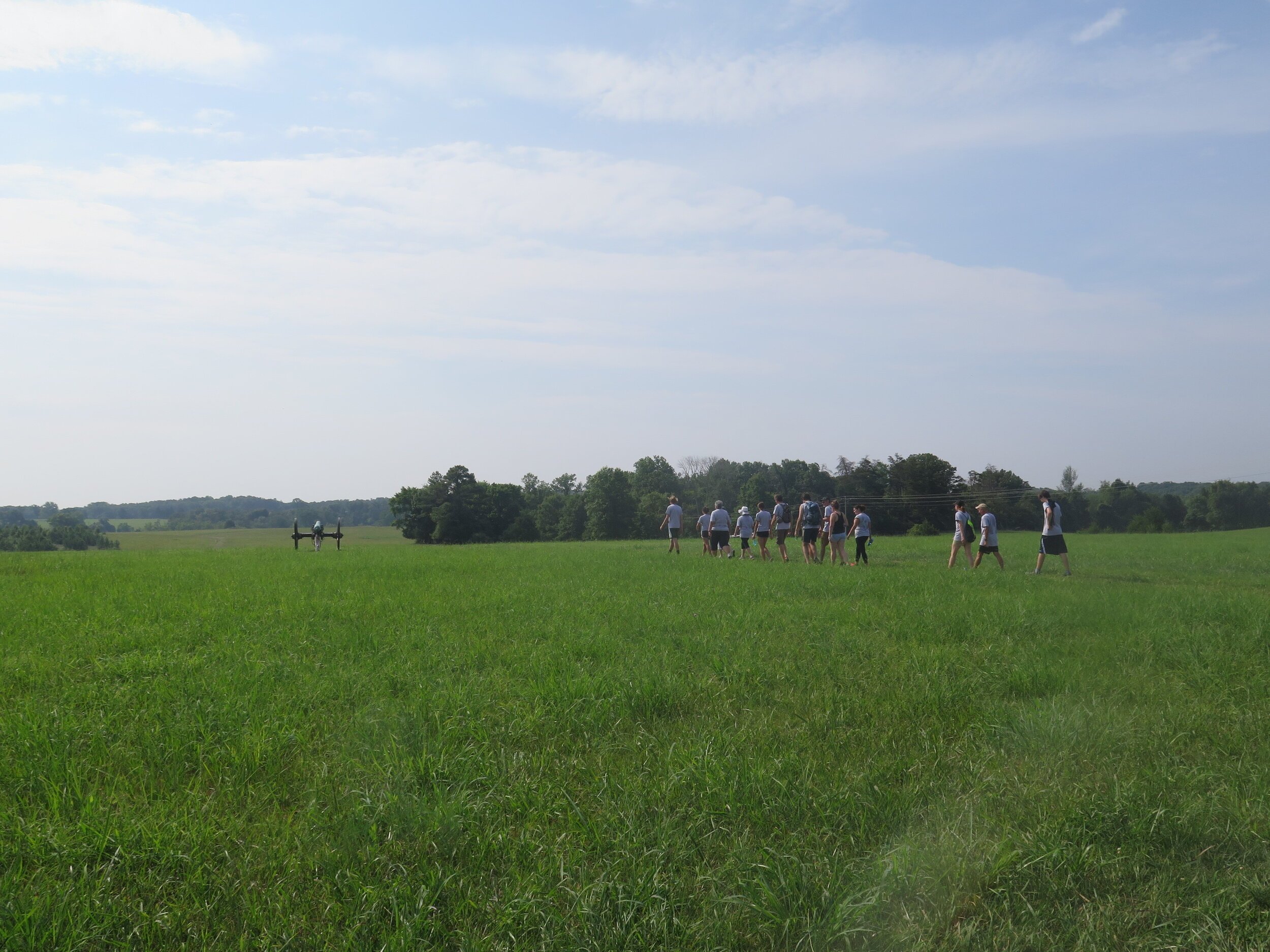
Blog Posts
Filter posts by topic:
Select a topic:
- ADR
- About Me
- Automobile Accident
- Child Inclusive Mediation
- Child Support
- Child custody
- Children
- Civil Case
- Collaborative Law
- Contractor
- Crime Victim
- Divorce
- Education Mediation
- Elder Law Mediation
- Estate Settlement Mediation
- Family Mediation
- Filing for Divorce
- Free Speech
- Health Care Mediation
- Ice and Snow
- Injuries
- Insurance
- Lawyer Wellness
- Mediation
- Name Change
- Negligence or Personal Injury Mediation
- Negotiation
- Parenting Plans
- Personal injuries
- Prison
- Real Estate and Housing Mediation
- Restorative Justice
- School
- Settlement
- Slip and fall
- Small Business Mediation
- Victim Offender Dialog
- West Virginia State Bar
- Wills and Estates
- Workplace Mediation
Search posts:
Free Power of Attorney and Advanced Medical Directive
With the threats to our health and communities imposed by Covid-19, many people are concerned that they don’t have a will. Even more concerning, many do not have a Medical Directive or a Power of Attorney. While you may run into difficulty getting documents witnessed or notarized, some forms are readily available online and FREE. Some just need to be witnessed, not notarized! Be sure to investigate these resources before you pay for a fill in the blank form online!
Online Dispute Resolution Provides Options to Resolve Conflicts (Without the Courts)
Last Friday, I attended a webinar produced by the American Bar Association on ODR, Online Dispute Resolution. The participants included Colin Rule of Tyler Technologies, Amy Schmitz a Professor of the University of Missouri, and Professor David Larson of Mitchell Hamline School of Law. Speakers addressed several important topics about Online Dispute Resolution that help me in moving much of my mediation practice online in the coming weeks.
Online Mediation: Questions and Answers
Online mediation provides litigants another option to resolve disputes when in person meetings are not possible. Waugh Law & Mediation has been provided this option for several years. Using their smartphone, tablet, or computer, participants log on and participate in the mediation virtually. Brenda is a licensed attorney in West Virginia, Virginia and the District of Columbia. She provides mediation in many areas including civil cases, family issues, small business, and employment matters.
Basic Mediation Training Program Scheduled in West Virginia
The training brings together groups of experienced lawyer-mediators, faculty from West Virginia University, and new mediators, interested in learning the skills and methods to be able to help litigants find common ground. This year, the program will be in Flatwoods, West Virginia, over two days: June 17 and 18. I’m excited to be working with Professor Will Rhee of WVU to assist him in creating the morning session that will provide introductory concepts to the attendees.
More About my Work--Links to Video
I’ve spoken at dozens of workshops and taught courses in law schools and in a master’s program. At least two recordings of my work are readily available to help clients determine the best lawyer, mediator or facilitator to meet their needs.
Dates Scheduled for Free Family Law Workshop
While our office does not offer free consultations in family law matters, we work to provide information about divorce, custody, parenting plans, and support in our offices in Leesburg and Charles Town. Sign up for a free session to have questions answered, for free, by lawyer and mediator, Brenda Waugh.
Restorative Justice--It is just Common Sense!
The Joint Alternative Dispute Resolution Committee, comprising members of The Virginia Bar Association and Virginia State Bar published their quarterly newsletter this week and have included my short article on restorative justice. The article describes one case when I witnessed an offender apologize, sparking my interest in what was then referred to as Victim Offender Reconciliation Program (VORP). It was a pleasure it is for me to share this experience and my own education on the topic with the extended alternative dispute resolution professionals in the Commonwealth.
Arbitration (It's not Mediation!)
Arbitration requires that the parties allow a neutral third party to make a decision, without due process protections, and usually is ‘binding” to require that the parties give up their right to go to court and agree to accept an opinion by a third party, who could be described as a “private judge.” Since some businesses, employers and consumer contracts require arbitration, I am including it in the series.
Settlement Conferences, Narrative Mediation & Med-Arb
I have been on the road a lot this month! I really enjoyed a workshop with the Virginia Mediation Network in late September on The Alternatives in Alternative Dispute Resolution. In early October I had the pleasure of participating in a symposium on Restorative Justice at the University of Richmond. But today, I’m returning to my series on the options in Alternative Dispute Resolution. Today, I am going to address a few options, in more general terms. Some are early in development, and I have not fully described them. Others involve processes that many practitioners do not include under the ADR Umbrella.
Restorative Justice as an Alternative Process
Today, we continue in our review of the alternatives within ADR and will look at restorative justice or restorative practices. My law and mediation practice is based in the principles of restorative justice. Today’s post looks more at a few of the processes often associated with restorative justice that are sometimes used instead of conventional litigation or court processes.
Early Neutral Evaluation
Today, I’ll continue my series on the Alternatives in Alternative Dispute Resolution that I began earlier this summer after facilitating a workshop on this issue In July for the West Virginia State Bar. In September, I’ll be joining the Virginia Mediation Network to facilitate the workshop for that fabulous group of mediators. Today’s process is more common in Canada than in the areas where I practice, but Early Neutral Evaluation may save the parties a great deal of anguish, time and expense.
Transformative Mediation
Transformative mediation was first described by Robert A. Baruch Bush and Joseph P. Folger in The Promise of Mediation. They describe it that the transformative theory starts: “(…(F)rom the premise that inter-relational crisis is what conflict meant to people. And help in overcoming that crisis is a major part of what parties want fro a mediator…In the transformative mediation process, parties can recapture their sense of competence and connection, reverse the negative conflict cycle, reestablish a constructive (or at least neutral) interaction, and move forward on a positive footing, with the mediator’s help. “ Transformative mediation is not therapy. The mediator's goal is not to alter the relationship. Rather, the mediator strives to balance the parties' negotiation power while creating opportunities to address underlying issues, within the context of resolving the presenting dispute.
Facilitative Mediation: A Good Model for Many Types of Conflicts
In facilitative mediation, the mediator works to facilitate negotiation between the parties using interest-based or win/win strategies. The parties work directly with the mediator and may include discussions regarding feelings and expectations. The mediators guide the parties in making informed decisions. The mediator does not advise the parties or attempt to influence their decisions. Parties may have attorneys, but typically, the lawyers do not attend the mediations. Facilitated mediation can be used at any stage of litigation. Brenda Waugh offers a free monthly workshop to assist you in understanding your options in mediation.
Evaluative Mediation: A Frequent Choice in Civil Litigation
Many of the attorney-mediators in civil legal cases trained in an evaluative style of mediation. Bush and Folger in The Promise of Mediation sum it up as mediation that requires mediators to “steer them towards outcomes in substantive conformity with legal rights.” Kate Shonk, in Choose the Right Mediation for You observes, “Mediators are more likely to make recommendations and suggestions and to express opinions. Instead of focusing primarily on the underlying interests of the parties involved, evaluative mediators may be more likely to help parties assess the legal merits of their arguments and make fairness determinations. “
The Alternatives in Alternative Dispute Resolution
Legal conflicts run the gamut between a single contract that is entered into for one transaction between strangers to a family will contest and it is not surprising that different forms of ADR are suitable for different people, different kinds of conflicts and at different stages in both the legal and emotional part of the battle. Today I am going to begin a ten part series of posts that will explore the alternatives in ADR. I’ll begin with processes that depend on a neutral facilitator such as mediation (including evaluative, facilitative, and transformative mediation), neutral evaluation, and arbitration. I'll then turn to some processes that have components of ADR but do not require a neutral. Finally will look at a few methods that don't fit neatly into any category.
Picking the Best School When Sharing Custody
When parents are sharing custody but live in different school districts, deciding the best school for the children to attend can be challenging. I’ve been involved in many situations when the parents disagree on where their child should attend school. Usually, we can’t find an easy answer, but with mediation or collaborative practices, we work together to evaluate the options and reach the best decision for the family. In reaching a decision, we often look at the following issues.
On the Road Again! Presenting on Why Lawyers Need to Understand the Options in Alternative Dispute Resolution
Brenda Waugh will participate in a full day training sponsored by the West Virginia State Bar on July 24, 2019 in Bridgeport, West Virginia, “Resolution Beyond Trial.” Her topic will be “ADR is not Alternative Anymore—What Every Lawyer Should Know About ADR.” During her session, she will outline the practical and ethical requirements for lawyers to be familiar with ADR form so as to present them to clients. She will also lead the group in an interactive session to describe the various forms of ADR such as restorative justice, mediation and collaborative divorce.
My Top 5 Lessons Learned at the Restorative Practices Conference in Minneapolis
Last week, I returned from the Restorative Practices International conference in St. Paul Minnesota and am frankly swamped at my office! But I want to finish out a post before I forget about the conference, so I'm going to come up with my top five lessons learned at the conference. It's no surprise to me that these tend to involve interaction between




















